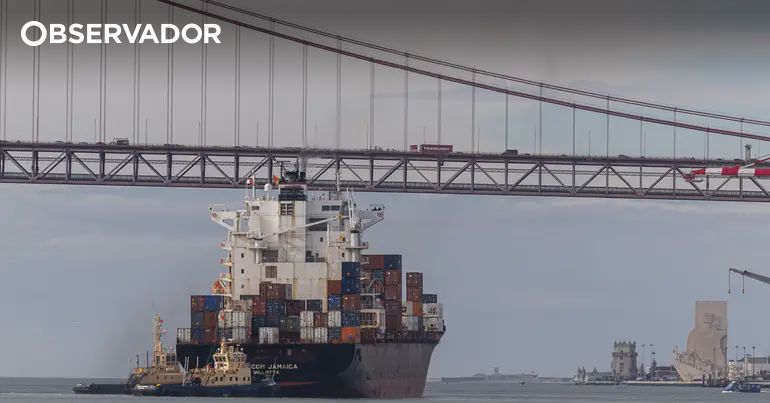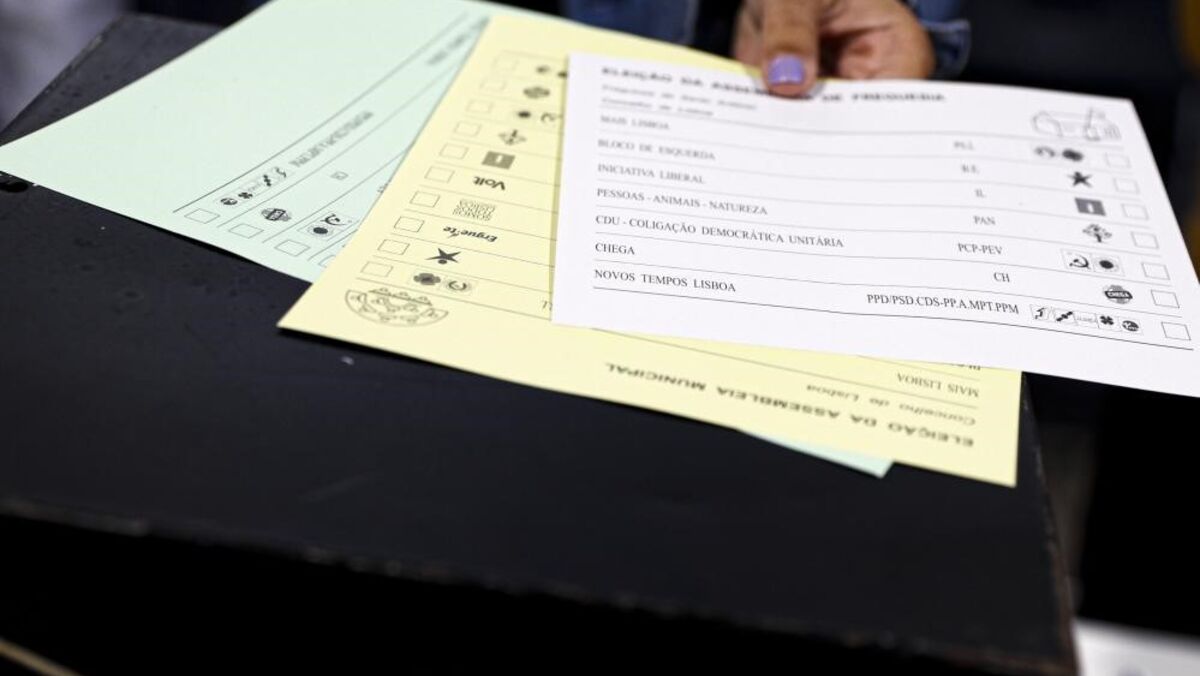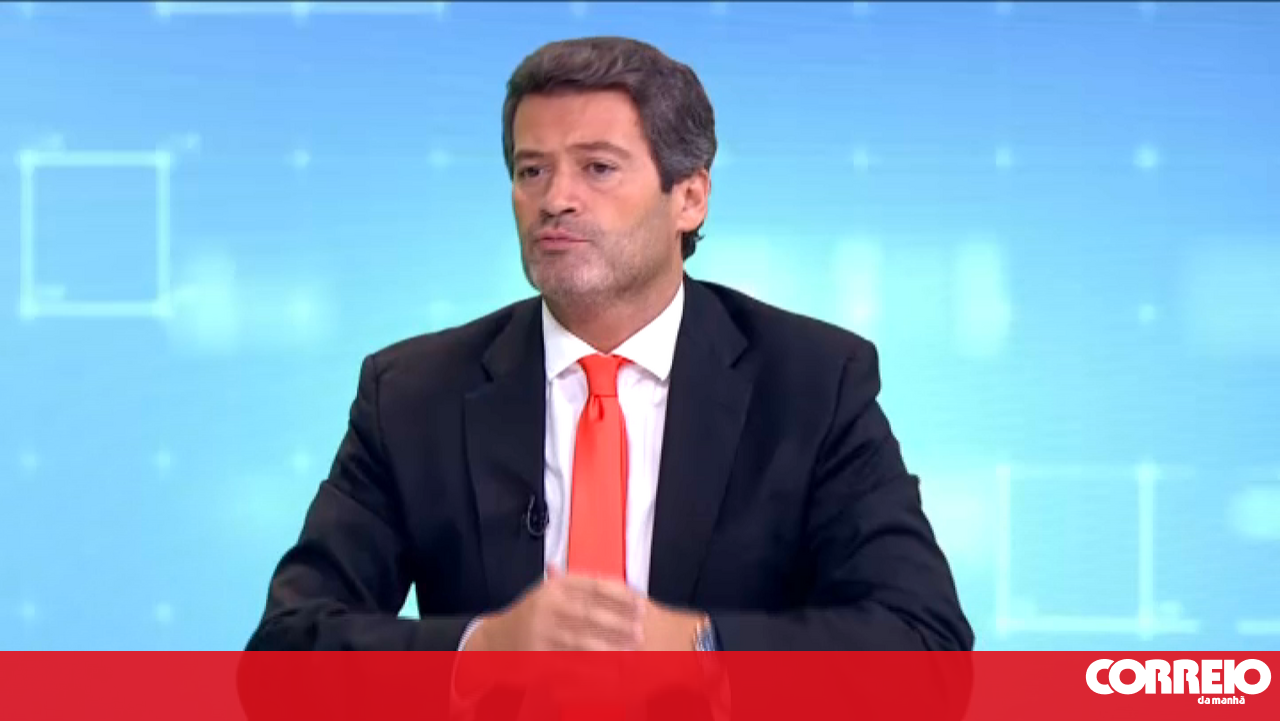The Controversial Scanner Deal in Lisbon
After Leixões and Setúbal, the Nuctech scanners are now set to arrive at the Port of Lisbon. Following a public tender, Protilis Portugal secured the contract by proposing the lowest bid, but the contract is still pending approval from the Court of Auditors. As stated, the contract cannot be executed without a positive preliminary review.
The non-intrusive container inspection equipment was purchased for nearly two million euros—700,000 euros less than the nearest competitor's bid. The Siemens proposal was valued at 2.7 million euros, while Microsegur bid around three million euros. The initial budget for the public tender was set at 3.033 million euros.
Siemens' Objections
Siemens expressed dissatisfaction with the decision, questioning the technology offered by Protilis and citing safety concerns. They accused the winning bid of being a low-cost solution lacking in safety requirements. Siemens' contention highlights a significant debate over the safety standards of Chinese-made equipment, with suggestions that current European directives discourage such purchases for high-security infrastructures.
The Response from Nuctech
Robert Bos, Nuctech's Vice Director in the Netherlands, responded to the concerns by asserting that their scanners are the only ones currently operational in Portugal. He emphasized that their bid was 700,000 euros cheaper than the competition and defended the quality of their products. Despite ongoing investigations into foreign subsidies affecting Nuctech, Bos claimed that the company has operated safely in Europe for 20 years, labeling the criticisms as politically motivated.
Political Implications
This procurement comes at a time when the U.S. has raised alarms about potential national security risks associated with Chinese technology in critical infrastructure. The situation has sparked a heated debate about the implications of such deals, with some calling it a political war and likening it to a James Bond narrative.























Comments
Join Our Community
Sign up to share your thoughts, engage with others, and become part of our growing community.
No comments yet
Be the first to share your thoughts and start the conversation!